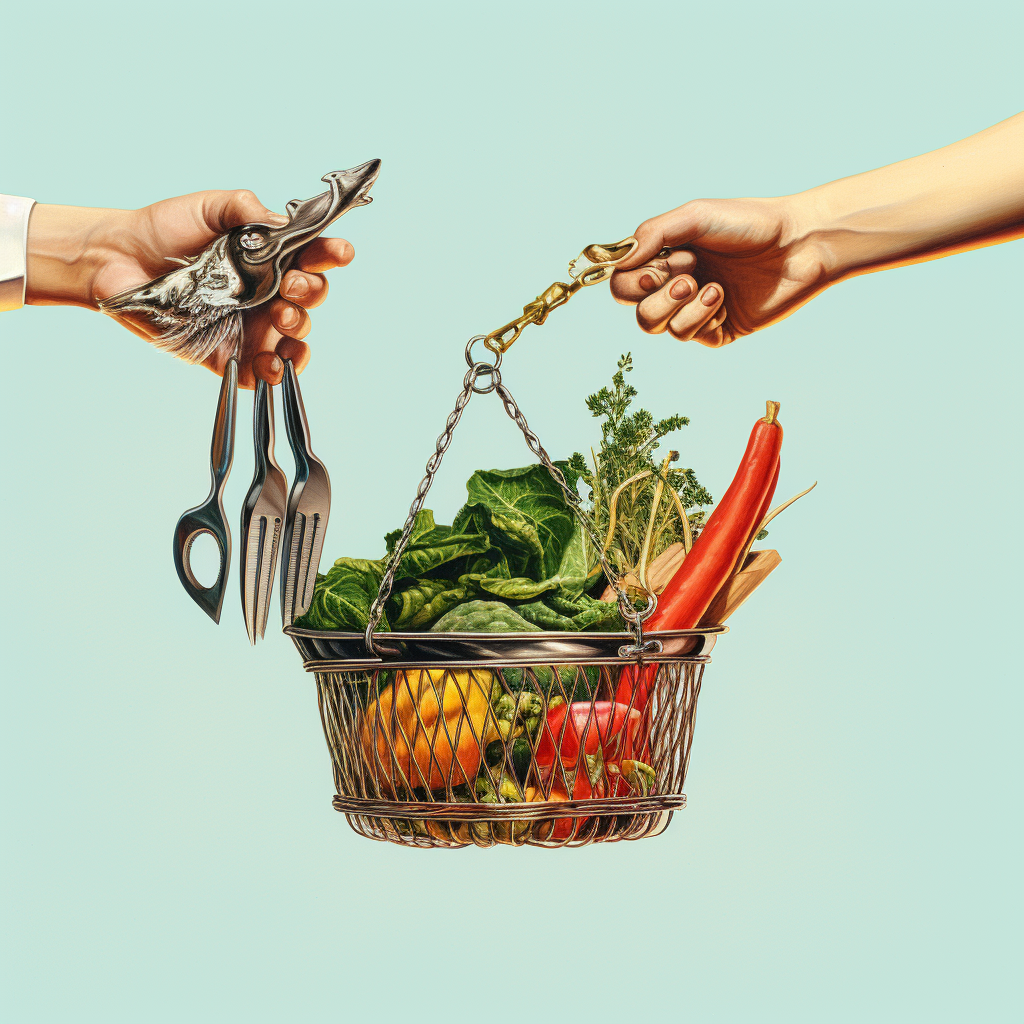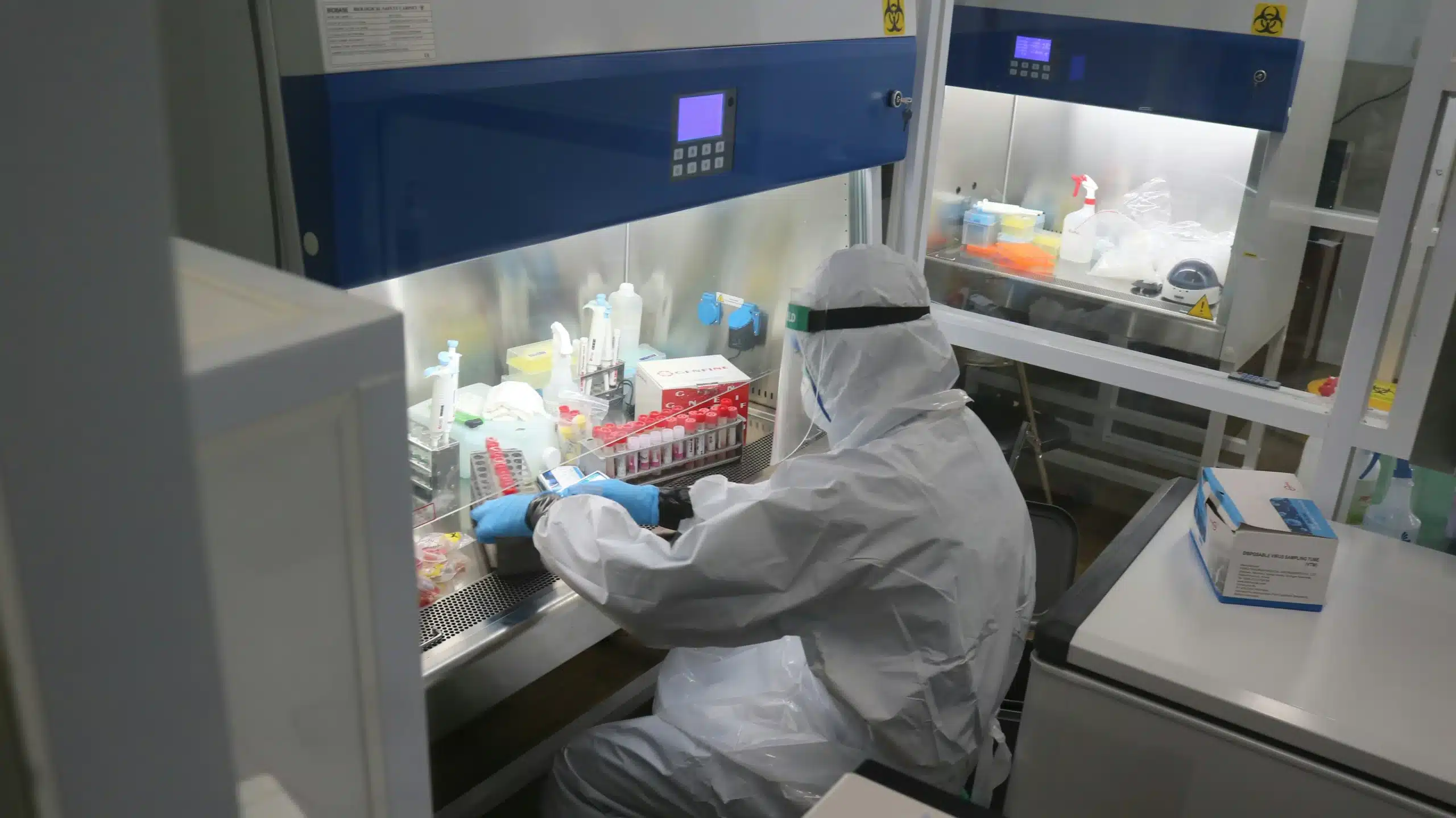From Skills to Feasts: The Magic of Bartering

Think back to the tales of your grandparents or great-grandparents. Stories filled with self-sufficiency, gardens, canning, farms, and neighbors. This was a time when community was strong, and people relied on each other. However, in our current society, this sense of community has significantly dwindled. But what if we could revive this lost art of bartering and trading skills for food? What if we could rebuild our communities through this simple yet powerful practice? Let’s dive into this fascinating journey of rediscovering the art of bartering.
Money Has Divided Us
Shannon Hayes, author of Radical Homemakers, has researched the topic of community and concluded that money has divided us. As people left their homes to work all day, they made more money. With more money, they bought bigger houses filled with more stuff. This led to a suburban desert, where everyone had everything they needed but rarely interacted with their neighbors.
Thankfully, in recent years, we have seen a re-invigoration of community starting in the most humble of places, the garden. This has spread to local farmer’s markets, creating a sense of community. But there is much more work to be done. Building community is about more than buying things from one another. It’s about mutual respect and understanding.
The Problem with Money
When a customer has money and you have a product, the customer is in the position of power. However, if that money were to disappear, it would put the producer and the customer on level ground. Everything becomes worth something when there is no money involved.
For example, consider a potter. If they sell their pottery for money, it is considered a luxury item and people may not buy it because bowls are cheaper at corporate superstores. However, remove the money and the pottery becomes an extremely valuable, unique product. The potter could easily trade their wares for things that they need, like food, clothing, or services. This is a healthy transaction.
The Solution: Bartering and Trading
So, what’s the solution to this problem? It’s simple: learn to barter and trade again. Bartering and trading is a recently lost art. This can be incredibly simple, useful and it will help us build our communities again.
Anything can be used to barter. Do you have a scrap car in your yard? Trade the parts away to neighbors who need them. Can you fix mechanical things? You’re in luck! Chances are almost every single person in your neighborhood would rather give you things than change their own oil. Can you make unique items like candles, clothes, or pottery? There is a never-ending need for these types of items and they can be traded away at a high value because of the amount of work and supplies required to make them. Can you grow food? This is by far the easiest to barter, everyone needs to eat.
Building Relationships
These people, called “neighbors”, are not just people to be used to get what you need; there needs to be a sense of community and togetherness for this all to work. Relationships need to be nurtured and connections need to be made. The easiest way to do this is to give something to someone when they move into a neighborhood, or when you move in. Go to your closest neighbors and introduce yourself, invite them over, or extend them an invitation to come over whenever they like.
Build these connections with people and you will have an open door to turn to when you need it. The other big obstacle is learning to ask. People aren’t used to trading physical things and services in this digital age. We’ve all been taught that money is the only thing worth getting and that we need a lot of it, so we have to slowly introduce the idea of trading to our neighbors if they are not already familiar with it.
Learning to Grow Food
If you are convinced you don’t do anything that’s tradable, I would encourage you to learn to grow food and then start learning other tradable skills. The first goal is to be able to take care of yourself and that’s why learning to grow food is so important. This home-grown produce will also be a great currency to start trading with. Once you’ve got the hang of it, start branching out and learning new skills.
The most valuable skill, besides food, would probably be mechanical work. After that, making items that people can use, or items they want but don’t necessarily want to spend money on, is a good place to expand into. You could even consider trading services. If you like mowing lawns, do that for some fresh produce. If you are handy with power tools, build someone a deck in barter for items or services you need. Consider harvesting unused fruit from a neighbor’s tree and send them a few jars on the finished product in return. There are really endless opportunities for people to work with one another.
The Benefits of Bartering
There are other benefits as well that come with this style of living. If everyone gets fresh produce and baked goods from each other, their health will rise and the neighborhood will be happy and productive. Other, less handy neighbors, will save money on buying power tools or machines for themselves because they barter with another person to build things. That same neighbor that spends money on tools or machines doesn’t have to spend money on food or household items and saves money as well.
There is no reason why a cul-de-sac of twenty-five people should own twenty-five lawn mowers when there are only ten acres shared among them. One or two people could easily handle that amount of grass and profit from the service while the others never have to spend the money on the machine, upkeep, and gas. This also cuts down the amount of pollution, noise, and general irritation that comes from owning mechanical things.
Building Community
I’m not asking that you go out today and start a hippie commune with all your neighbors, although you can if you like. I’m merely asking that in this age of separation, fences, and individuality, go talk to your neighbors. Build relationships in person and not only on the internet. Participate in a farmer’s market, ask your neighbor to mow your lawn in exchange for something, or plant a fruit tree on your property line and share the fruit with the adjoining neighbor. Plan a community potluck and host it at your place. Be friendly, offer to help, take food when someone is sick.
The smallest gestures can build lasting relationships with those around you and they will be there when you need them. We call this building community; our grandparents called it good manners. We need to reclaim our skills, learn to rely on one another and cast aside our constant suspicions of people whom we do not know that live fifty feet from our front door. On your deathbed, you won’t remember how much a coupon saved you on that ottoman, and your last thought won’t be how happy you were that you had your own lawnmower; it will be about the people that enriched your life and made it worth living. That is the true value.






